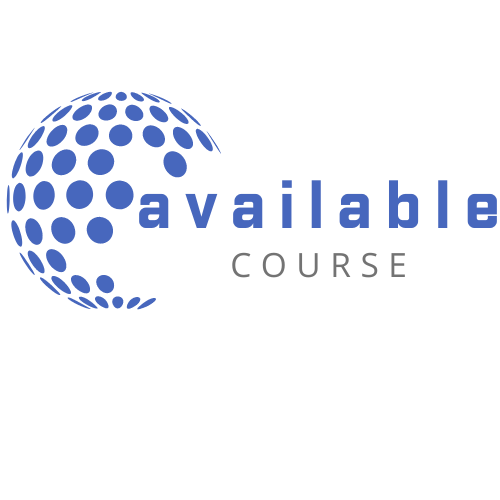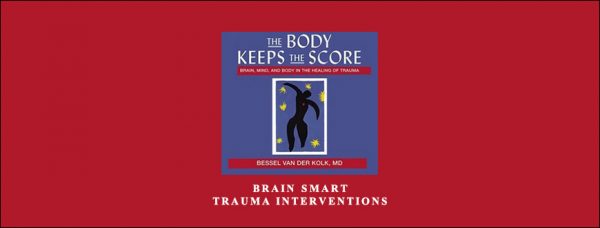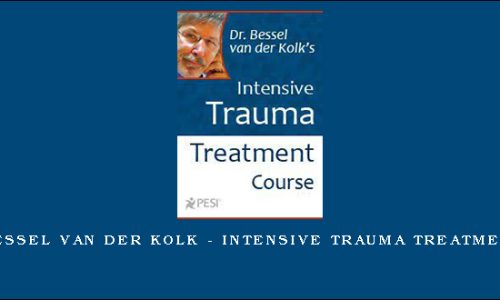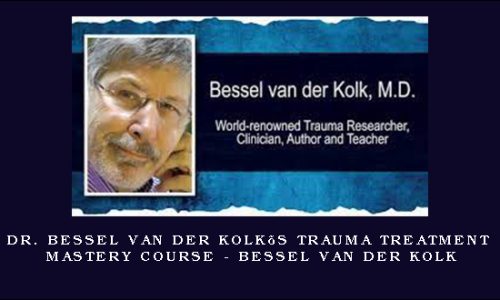
Bessel Van der Kolk – Brain Smart Trauma Interventions

Download Bessel Van der Kolk – Brain Smart Trauma Interventions on Avaicourse.com
This course is available immediately. Please contact us at [email protected] with the best service for more detailed advice.
Description
Brain Smart
Trauma Interventions
Bessel Van der Kolk
For over 40 years, Bessel’s investigated how trauma impacts both brain and body to find strategies that help patients feel grounded and safe.
And with a brain-savvy approach, you can reduce trauma symptoms, transform treatment, and help patients reclaim their lives more quickly.
That’s why we’ve put together a short-focused course with Bessel on How to Rewire the Traumatized Brain.
And right now, you can get in on this course at 50% off the regular price.
Here’s what you’ll learn:
•The Three Big Differences Between a Brain with PTSD and One Without (and What This Means for Treatment)
•The Profound Effect Trauma Can Have on Imagination, and How that Can Drastically Impact a Patient’s Life
•How to Bring the Three Parts of the Brain that Play the Biggest Roles in Trauma Back Online
•How Mindfulness Helps Us Tame Irrational Body Responses
•Limbic System Therapy – A Different Approach to Calming Clients So They Can Process Traumatic Memories More Effectively
•How to Use Neurofeedback to Train the Self-Reflective Part of the Brain
In this course, Bessel will also get into key strategies that can help clients learn to tolerate their sensations and be less reactive.
- The Three Big Differences Between a Brain with PTSD and One Without (and What This Means for Treatment)
•The Profound Effect Trauma Can Have on Imagination, and How that Can Drastically Impact a Patient’s Life
•The Smoke Detector, the Cook, and the Watch Tower – How to Bring the Three Parts of the Brain that Play the Biggest Roles in Trauma Back Online
•Key Strategies that Can Help Clients Learn to Tolerate Their Sensations and Be Less Reactive
•How Mindfulness Helps Us Tame Irrational Body Responses
•Limbic System Therapy – A Different Approach to Calming Clients So They Can Process Traumatic Memories More Effectively
•How to Use Neurofeedback to Train the Self-Reflective Part of the Brain
Bessel van der Kolk is the author of The Body Keeps the Score: Brain, Mind, and Body in the Healing of Trauma, Medical Director of the Trauma Center at Justice Research Institute, and Faculty at Boston University Medical School.
When we understand how to integrate the body and brain in the treatment of trauma, we can reduce symptoms, transform treatment, and help clients reclaim their lives
Health and Medical course
More information about Medical:
Medicine is the science and practice of establishing the diagnosis, prognosis, treatment, and prevention of disease.
Medicine encompasses a variety of health care practices evolved to maintain and restore health by the prevention and treatment of illness.
Contemporary medicine applies biomedical sciences, biomedical research, genetics, and medical technology to diagnose, treat, and prevent injury and disease,
typically through pharmaceuticals or surgery, but also through therapies as diverse as psychotherapy, external splints and traction, medical devices, biologics, and ionizing radiation, amongst others.
Medicine has been around for thousands of years, during most of which it was an art (an area of skill and knowledge) frequently having connections to the religious and
philosophical beliefs of local culture. For example, a medicine man would apply herbs and say prayers for healing, or an ancient philosopher and physician would apply bloodletting according to the theories of humorism.
In recent centuries, since the advent of modern science, most medicine has become a combination of art and science (both basic and applied, under the umbrella of medical science).
While stitching technique for sutures is an art learned through practice, the knowledge of what happens at the cellular and molecular level in the tissues being stitched arises through science.
More Courses: FITNESS – HEALTH – MEDICAL
Outstading Courses: Bessel Van der Kolk
Course Features
- Lectures 0
- Quizzes 0
- Duration 10 weeks
- Skill level All levels
- Language English
- Students 50
- Assessments Yes



